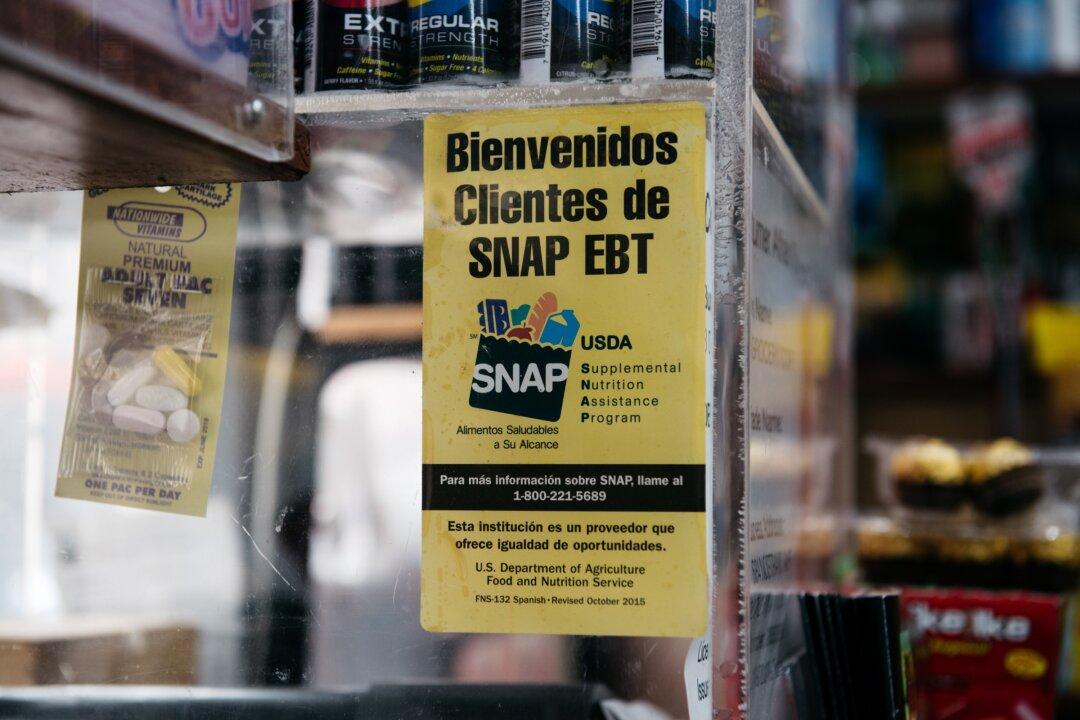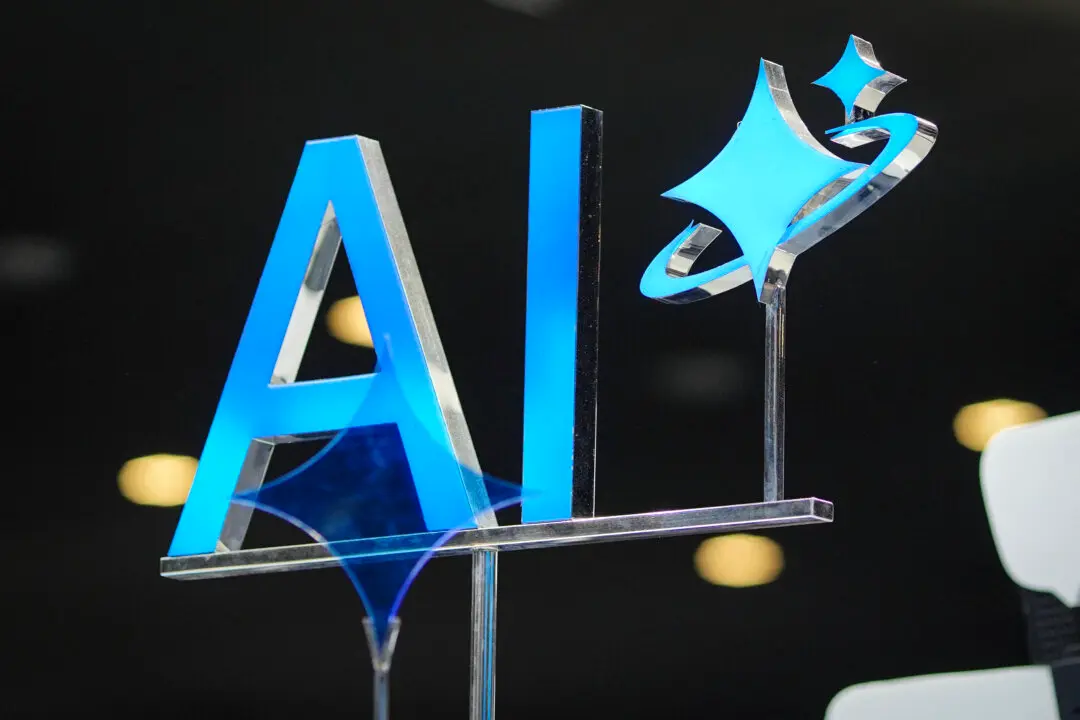The cost of food assistance programs in the United States is rapidly approaching the trillion-dollar threshold, and some legislators are trying to pump the brakes.
During a Feb. 16 hearing discussing the 2023 Farm Bill, four senators voiced concerns while sharing the findings of a new Congressional Budget Office report.





